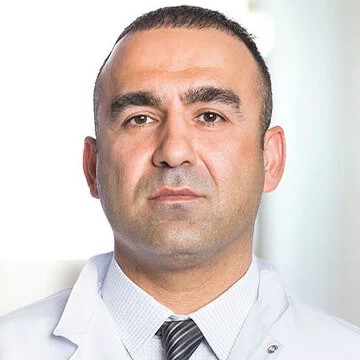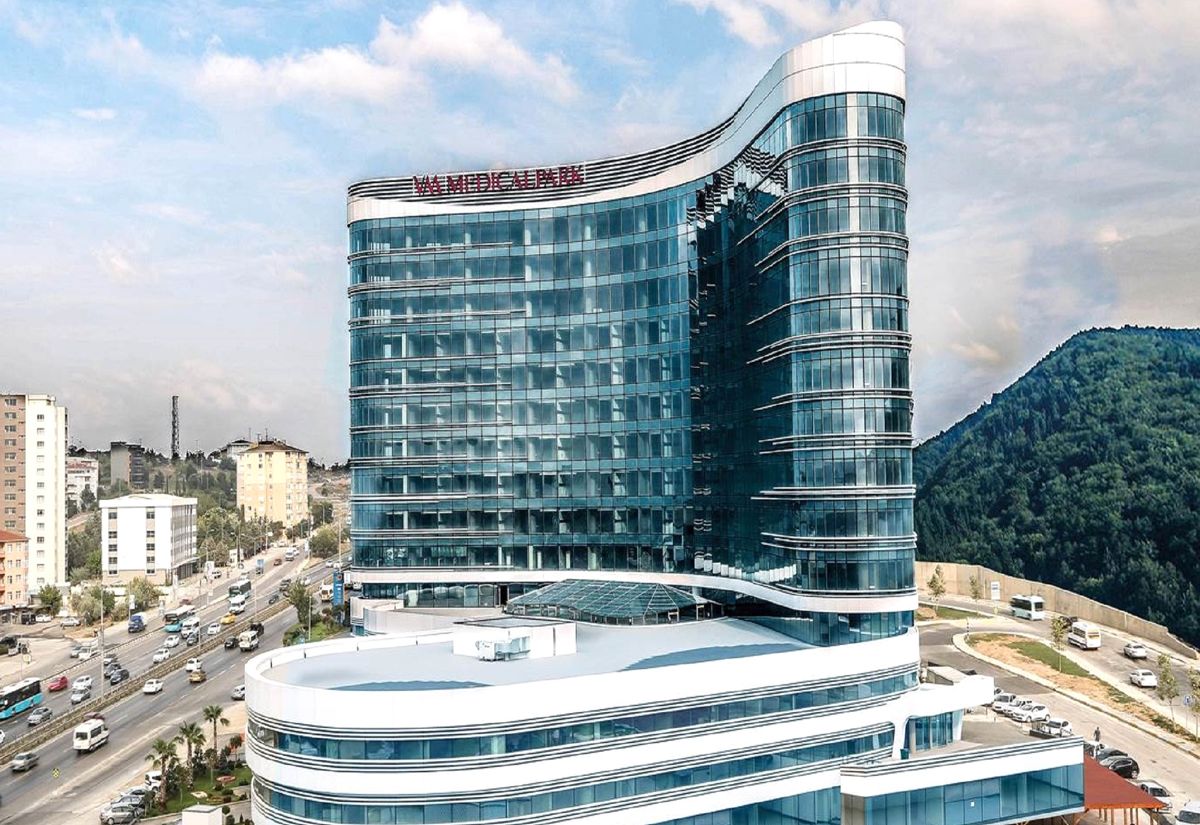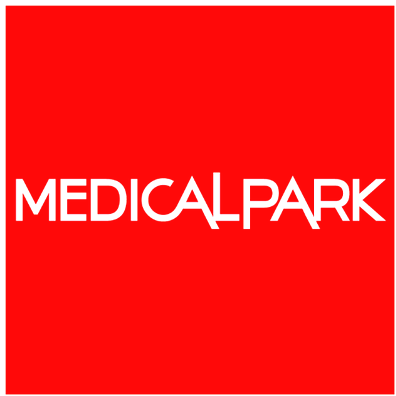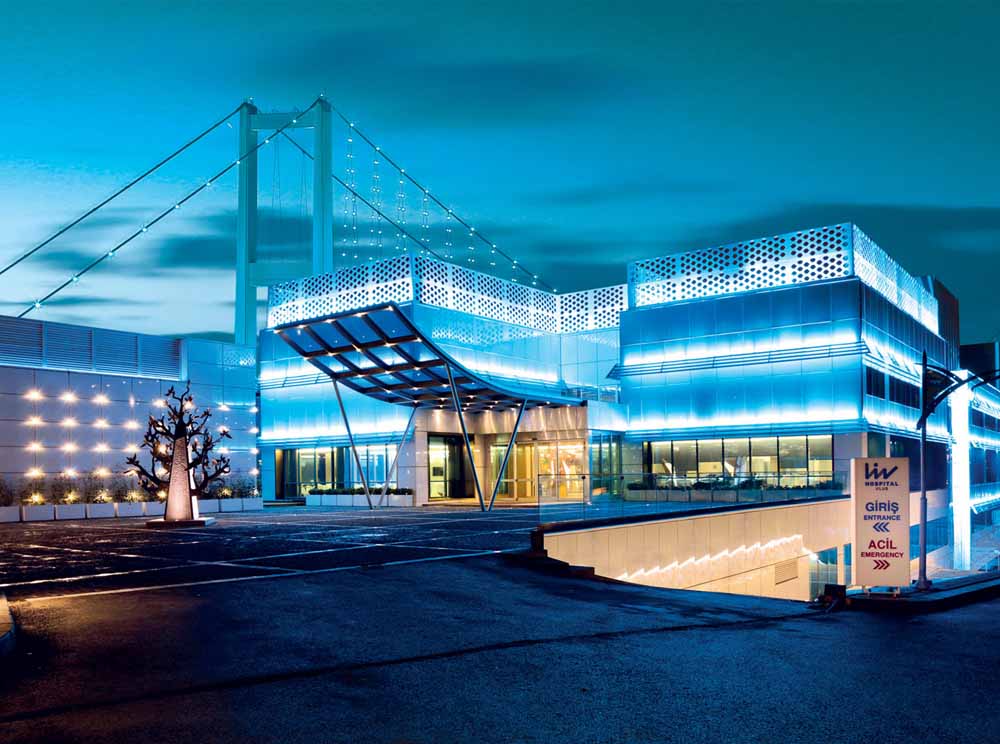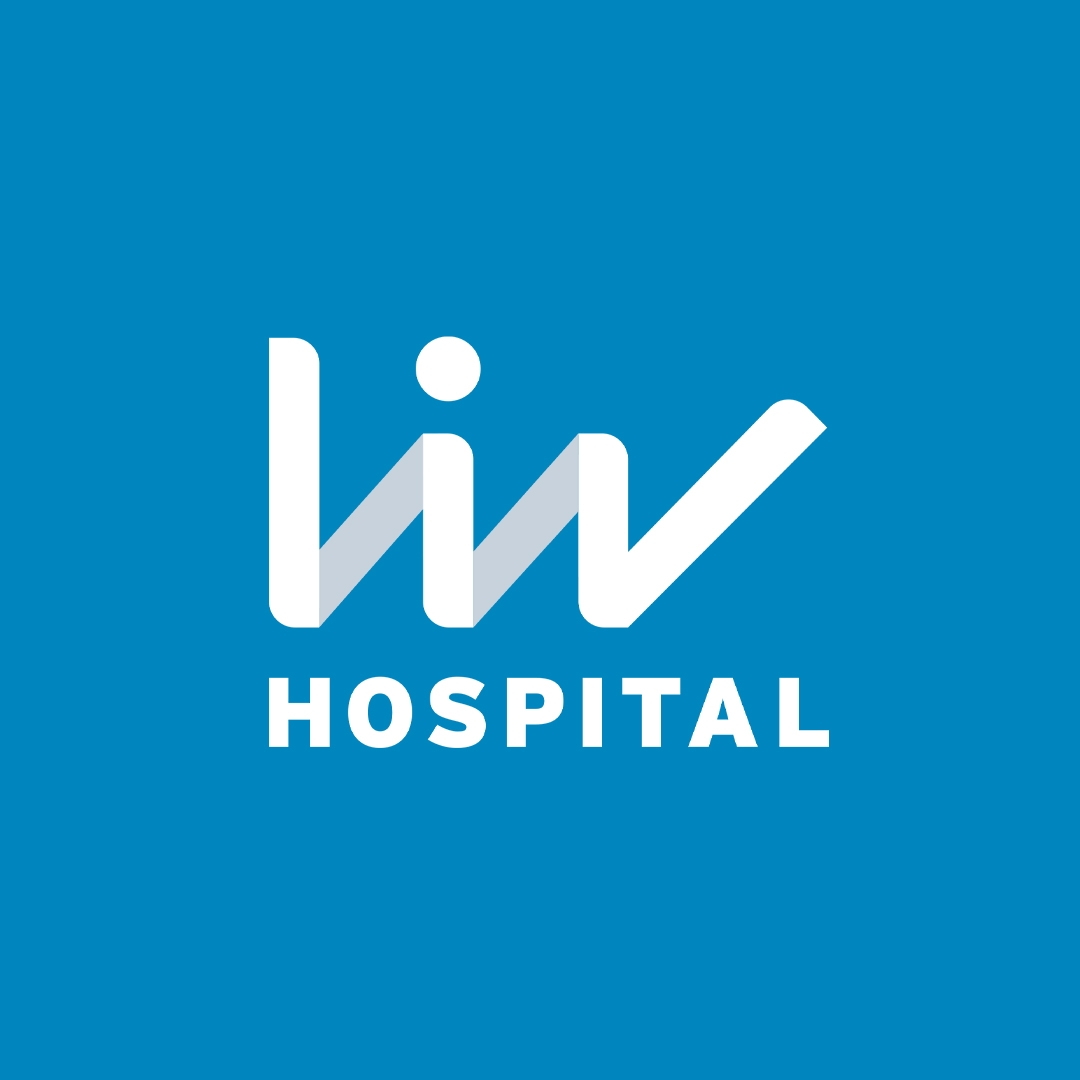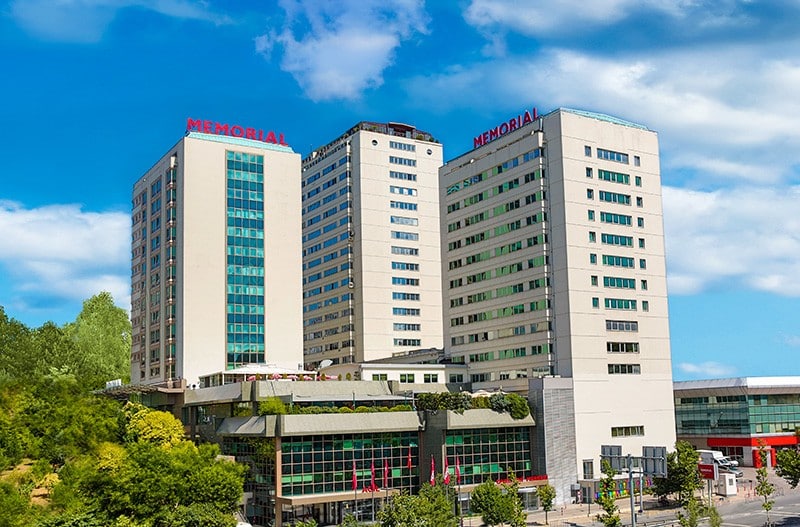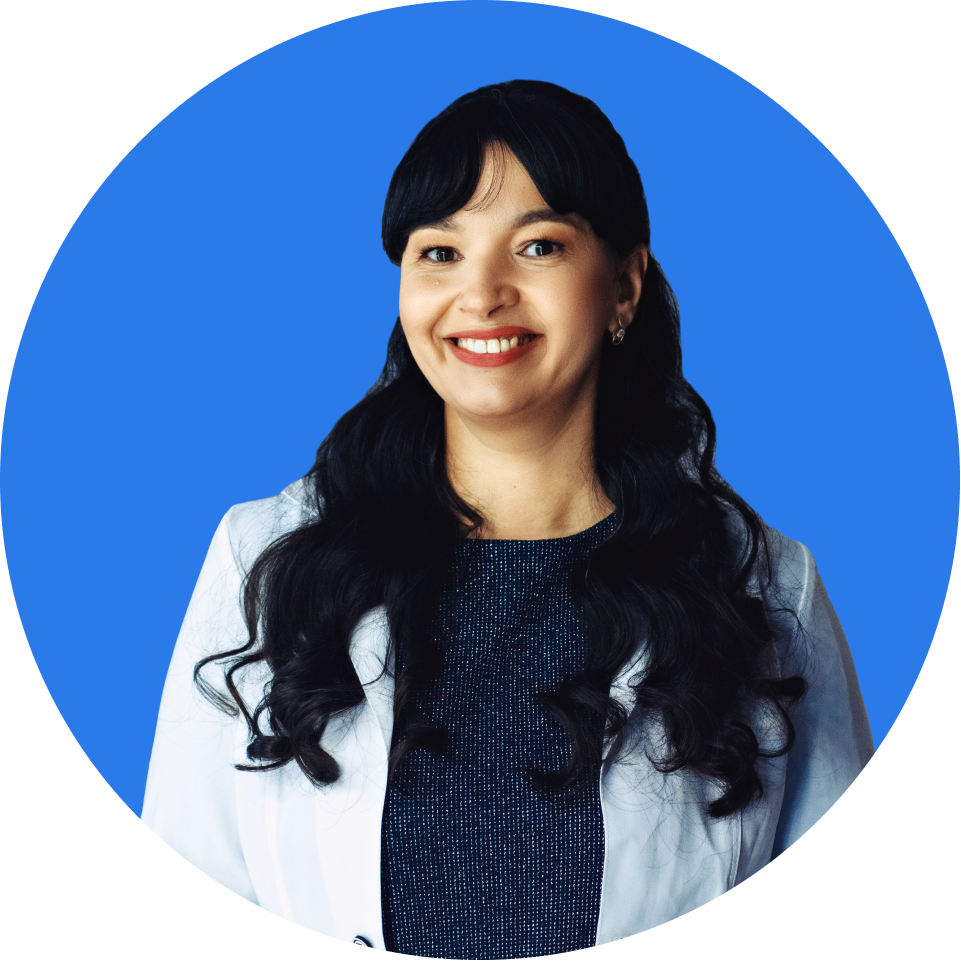- At the clinic's price without markups
- with full doctor support
Testicular cancer is considered one of the most curable types of cancer, especially when detected early. According to research conducted in Turkey, the five-year survival rate for early-stage seminomas reaches nearly 100%, and even in more advanced cases, it remains above 85% (Medicina, 2025). The disease is treated according to international protocols, and patients have access to modern methods, including organ-preserving surgery, targeted and immunotherapy, as well as advanced forms of radiotherapy. Many men from abroad choose Turkish clinics because of their combination of medical expertise, innovative equipment, and attentive, patient-focused care. In this article, we will discuss treatment costs, the leading clinics in the country, and the well-known doctors who specialize in testicular cancer therapy.
Testicular Cancer Treatment and Survival Statistics in Turkey
Testicular cancer is among the most treatable types of cancer, and data from Turkish oncology centers confirm this. According to national research, even patients with metastatic forms of the disease show high survival rates.
S seminomas: excellent survival outcomes
For patients with seminoma, the five-year overall survival rate reaches 100% in the favorable-risk group and 87.5% in the intermediate-risk group.
Non-seminomas: influence of risk category
For non-seminomatous tumors, results are slightly lower: 96.6% for the favorable group, 86.9% for the intermediate group, and around 65.1% for patients with poor prognosis (Medicina, 2025).
Young patients and early stages
A separate study involving young male patients in Turkey found a two-year overall survival rate of 92.3% and a five-year rate of about 90.2%. For those diagnosed at an early stage (Stage I), the two-year survival rate reached 100% (APJCP, 2012).
Long-term results
Long-term observations also show encouraging outcomes: among patients with non-seminomas followed for 20 years, the overall survival rate was 70.7%. Interestingly, tumors in the left testicle were associated with a slightly better prognosis than those in the right (Uroonkoloji Bulteni, 2020).
These findings show that modern diagnostic and therapeutic methods used in Turkish clinics achieve outcomes comparable to those in the world’s leading oncology centers. When detected early, the chances of full recovery are exceptionally high.
Testicular cancer treatment methods in Turkey and their costs
- Surgical treatment
The primary treatment method is an orchifuniculectomy (removal of the testicle along with the spermatic cord), and if necessary, a lymphadenectomy may also be performed.
- Surgery cost: 8,000–12,000 USD.
- Chemotherapy
It is prescribed either as a standalone treatment or in combination after surgery. In Turkey, international chemotherapy protocols such as BEP and EP are commonly used.
- One course of chemotherapy: 1,300–2,400 USD.
- Port installation: 2,500–2,800 USD.
- Pediatric chemotherapy with hospitalization: around 5,000 USD.
- Radiation therapy
It is most often used for seminomas. Turkish clinics employ modern radiotherapy systems such as IMRT and TrueBeam.
- Full course (30–35 fractions): 7,000–8,000 USD.
- IMRT radiotherapy: 7,500 USD.
- TrueBeam (25 fractions): 7,700 USD.
- Combined package (PET-CT + 1 course of chemotherapy + 1 course of radiotherapy): 6,500–7,000 USD.
- Targeted therapy
It is prescribed for patients with identified molecular mutations.
- One course: 1,300–2,600 USD.
- Diagnostics
Comprehensive examinations are used for diagnosis and treatment planning:
- PET-CT: 500–900 USD.
- MRI of one area: 500–600 USD.
- Biopsy: 1,500–2,800 USD.
- Genetic testing (NGS): 1,300–1,400 USD.
Overall, the average cost of testicular cancer treatment in Turkey ranges from 15,000 to 30,000 USD for a full course (surgery + chemotherapy + radiotherapy + follow-up examinations).

At Experts Medical, we handle every step of your medical journey abroad from start to finish and stay with you throughout the entire process. We speak plainly, keep our promises, and always stand on your side.
What you get with us
- Free services. You pay only at the clinic upon arrival. No markups, no hidden fees.
- A personal medical coordinator. We collect your medical history, translate your documents, clarify your diagnosis, and match you with a doctor who is truly experienced in your specific case.
- A second opinion and treatment plan. We request several programs from specialized clinics, compare prices and details, and remove unnecessary items. The plan is reviewed and approved by your coordinator.
- Direct contact with your doctor. We communicate directly with the treating physician and clinic, resolving questions quickly. If a reply takes time, we keep you updated and follow up until it’s handled.
- Patient advocacy. We review invoices, ensure transparency, secure discounts, and confirm costs in advance. If something goes off track, we act as your representative.
- Stress-free logistics. We assist with visas, flights, nearby hotels, transfers, and provide a medical interpreter.
- 24/7 support. From your first message to discharge and recovery, we’re always available. You’ll never be left alone with unanswered questions after treatment.
Our principles
- Always on the patient’s side.
- Transparent pricing and timelines.
- Only trusted doctors and clinics.
- Fast response and continuous communication 24/7.
If you need a treatment plan or a second opinion, contact us. We’ll carefully gather all the details, find the right doctor, and quietly take care of the logistics so you can focus on what truly matters.
How to choose a clinic and doctor
- Experts Medical Experience
We have been working for 9 years and during this time have helped more than 12,000 patients receive treatment abroad. This experience allows us to clearly understand where real help can be provided and where there is a risk of losing time and money.
- Trusted clinics and doctors
We work only with medical centers and specialists who consistently demonstrate high results. Our recommendations are based on years of collaboration and real patient experiences. We rely not on advertising claims but on verified facts of successful treatment.
- Individual selection
For each patient, we select the most suitable clinic and doctor, taking into account the type of cancer, the stage of the disease, and individual characteristics. In some cases, this may be a center with a strong surgical team, while in others, a clinic that focuses on advanced targeted or immunotherapy methods.
- Why is this important?
It is difficult for a patient to objectively assess the level of a doctor or clinic on their own. We, however, have direct experience from thousands of patients and practical statistics on treatment outcomes, which allows us to recommend only proven options.
How treatment is organized step by step
Initial contact
The patient contacts us and provides medical documents.
Analysis and clinic selection
We send the documents to several clinics, receive treatment plans and cost estimates from doctors. The patient gets a clear understanding of which methods will be used and how much the treatment will cost. If the medical condition remains unchanged, the price also stays the same.
Clinic selection and online consultation
After choosing the clinic, we arrange an online consultation with the doctor (usually free of charge). If necessary, we also assist with visa arrangements.
Travel arrangements
We book flight tickets, arrange airport transfers, find accommodation near the clinic, and assign an interpreter who will accompany the patient during diagnosis and treatment.
On-site support
The patient is never left alone – a medical coordinator accompanies them, helping to organize consultations and procedures, answering questions, and handling all logistical matters.
Post-treatment support
Even after treatment is completed, the medical coordinator stays in touch, assists with documentation and follow-up recommendations, and answers any questions that may arise.
How long does the treatment take?
- Diagnostics On average, it takes about 5 days and includes tests, imaging (CT, MRI) and a consultation of doctors, where the treatment strategy is determined.
- Chemotherapy One course lasts approximately one month. If the patient's condition is stable, they can continue therapy at home according to the doctor's instructions, periodically submitting results or returning for follow-up visits every three months.
- Radiation therapy Typically, 30 daily sessions are administered, seven days a week, over a period of approximately one month.
- Genetic testing for targeted therapy It takes about 14 days. Once the results are received, the doctor prescribes personalized treatment. Supportive therapy is often prescribed while waiting for the tests.
- Surgical treatment If surgery alone is required, the stay in Turkey is 7–10 days, including preparation, the procedure itself, and the early recovery period.
Ultimately, treatment duration can vary from a week (surgery alone) to several months (combination therapy). The patient receives a clear schedule from the doctor in advance, which helps plan their travel and recovery.
Conclusion
Testicular cancer treatment in Turkey combines high medical standards, the expertise of experienced specialists, and advanced technology, making the country one of the leading destinations for patients worldwide. Here, men can undergo diagnosis and therapy following international protocols, including organ-preserving surgery, chemotherapy, targeted therapy, and immunotherapy, all under the care of skilled uro-oncologists.
What’s equally important is that patients are never left on their own during this journey. From choosing the right clinic and doctor to receiving post-treatment support, Experts Medical ensures that every step is organized transparently and safely. For many men, this is not just treatment but a genuine opportunity to return to a full and healthy life.
FAQ
Is organ-preserving surgery possible for testicular cancer?
Yes, in some cases it is possible. It depends on the tumor stage, its size, and histological results. Leading clinics in Turkey use surgical techniques that allow partial preservation of healthy tissue when it does not compromise oncological safety.
Is high-dose chemotherapy and stem cell transplantation available for advanced stages?
Yes, these protocols are available in specialized centers in Turkey. They are used in cases of recurrence or when standard treatment schemes are ineffective. Therapy is carried out in bone marrow transplant units that meet international standards.
What is the role of genetic testing in testicular cancer treatment?
Genetic testing helps identify individual mutations and select the most effective targeted or immunotherapy options. In Turkey, such analyses take about two weeks, and their results directly influence personalized treatment planning.
How does Experts Medical support patients in practice?
We handle not only the selection of the right clinic and doctor but also the organization of the entire process – from online consultation to in-country support during treatment and after returning home. This is especially important for patients who find it difficult to navigate large volumes of medical information or compare offers from different hospitals.




